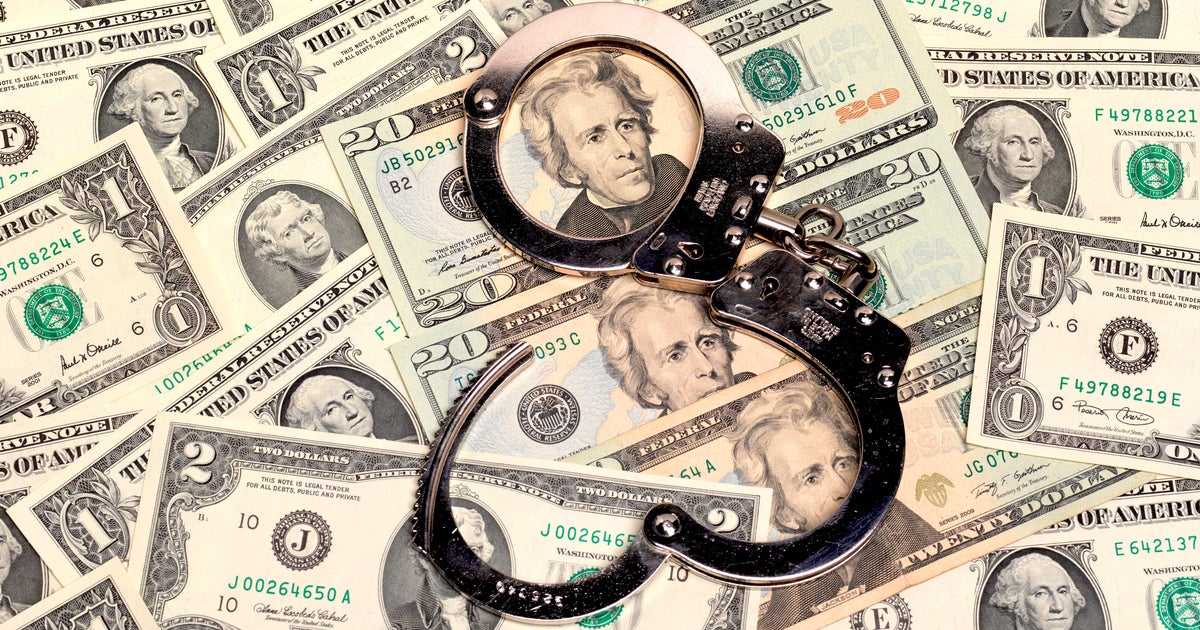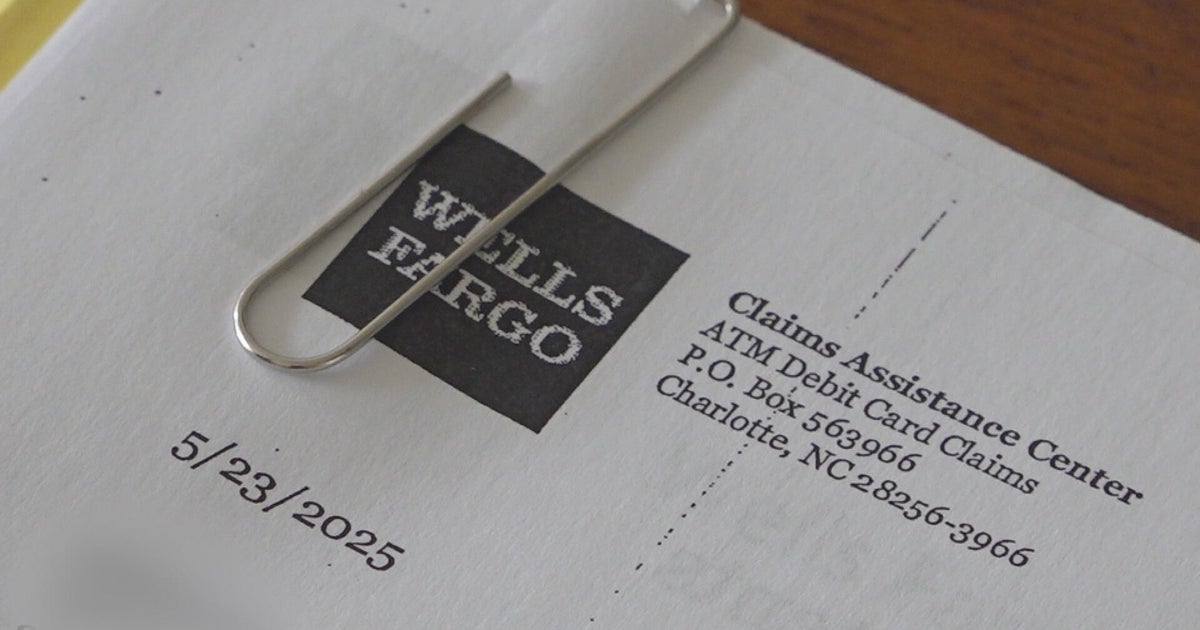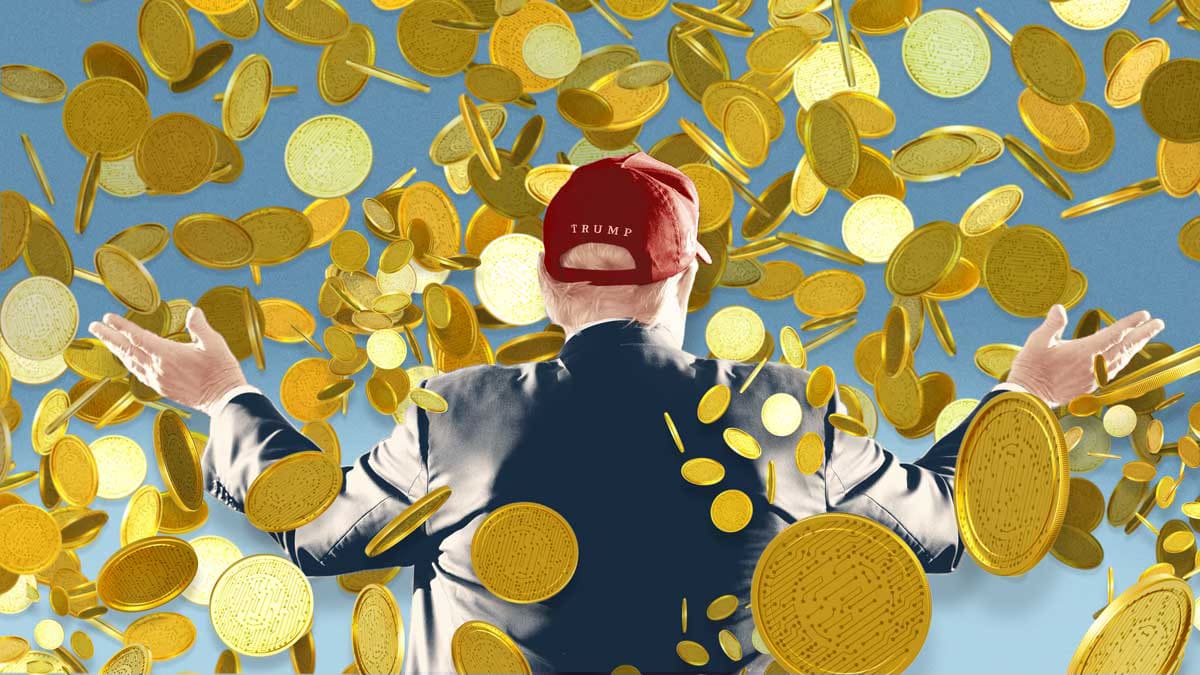Jamie Dimon: Bitcoin is a "fraud"
The price of notoriously volatile Bitcoin slid after JPMorgan Chase (JPM) CEO Jamie Dimon knocked the virtual currency for being, well, volatile.
Comments by the chief executive of America's biggest bank helped send Bitcoin prices tumbling after remarks at two different events in New York. He also called the rise of the cryptocurrency a "fraud" and likened it to another infamous financial bubble -- tulip mania -- that gripped the Netherlands in the mid-17th century when bulb prices soared and eventually crashed, leaving investors penniless.
The Bitcoin bubble will be "worse than tulip bulbs" and "won't end well," Dimon said, according to press accounts of Dimon's remarks at an investor conference on Tuesday.
Bitcoin shares slid about 6.1 percent Wednesday, recovering some from an earlier decline, according to CoinMarketCap.
Even with a drop to $3,852, from its high of more than $4,900 earlier this month, Bitcoin is still the most valuable of all the cryptocurrencies, according to CoinMarketCap. One Bitcoin is valued at about triple an ounce of gold at $1,323, even with the recent decline.
Despite his views on Bitcoin, Dimon said he wouldn't bet that the currency's value will fall because he couldn't predict how high it will rise. "Don't ask me to short it. It could be at $20,000 before this happens, but it will eventually blow up," he said, according to reports.
Bitcoin's recent also may have been spurred by reports that China plans this month to crack down on so-called initial coin offerings, or ICOs, in which blockchain technology companies raise cash b selling digital "tokens."
Bitcoin was invented in 2009 by someone (or a group) using the name Satoshi Nakamoto. It has a total market value of $63.8 billion, making it the largest of more than 1,000 different types of computer-generated money tracked by CoinMarketCap.
Dimon's comments prompted some needling by cryptocurrency advocates.
"My memory is failing, but was it Bitcoin or was it JPMorgan that was bailed out by the government," Erik Voorhees, founder and chief executive officer of cryptocurrency exchange ShapeShift, in reference to the bank's acceptance of bailout money during the financial crisis a decade ago.
Some cryptocurrencies are seen by critics as easy vehicles for crime. That's because they protect users anonymity and have been used in "ransomware" attacks to demand payments.
"The escalation of ransomware attacks and the increasing prominence of cryptocurrencies may be connected," Nir Kshetri, a professor of management at the University of North Carolina, wrote earlier this week before Dimon's remarks on the academic website The Conversation.
"Some companies have invested in Bitcoin and other cryptocurrencies specifically so they can pay extortionists if it ever becomes necessary," he wrote. "That helps contribute to the rapid growth in use and value of e-currencies. "
So are cryptocurrencies here to stay?
Certainly, the short history of such financial assets shows there is demand. To cite one recent example, Blackmoon Crypto, which describes itself as a "one-stop solution for asset managers to create and manage legally compliant tokenized funds," announced Wednesday that it hit its target of raising $30 million through token distribution. Investors from 135 countries participated, with most in the U.S., according to a company statement.
And in August, Bloomberg News reported that banks including Barclays and Credit Suisse were joining UBS Group in an initiative to form a new type of digital currency to settle transactions using blockchain technology, the kind of technology used by Bitcoin and other crypto currencies.
What's more, cryptocurrencies are already widely used, making their demise unlikely, some argue.
"The genie is out of the bottle," Chamath Palihapitiya, founder of The Social + Capital Partnership, said at one of the same conferences where Dimon made remarks yesterday, Fortune reported.



